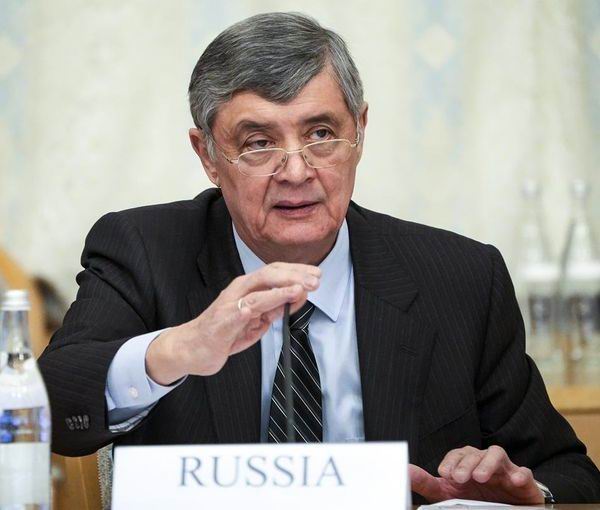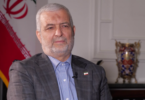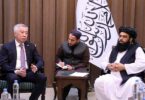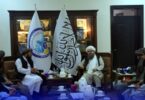KABUL (Khaama Press): The special representative of Russia for Afghanistan has unequivocally declared that Moscow has no plans to recognize the Taliban formally.
Zamir Kabulov told the TASS news agency that Russia has repeatedly stated at all possible levels that there is no discussion about recognizing the Taliban.
He told TASS, “There is no progress, and this has been discussed at all possible levels.”
Russia is a member of the United Nations Security Council and has consistently emphasized that the Taliban must adhere to their commitments, including combating terrorist groups and forming an inclusive government.
Russia’s representative for Afghanistan also reported to TASS that Moscow and Washington are not engaged in any negotiations regarding Afghanistan.
Meanwhile, Kabulov said there will soon be another UN-mediated international meeting of special envoys on Afghanistan.
“We are planning a range of broad international events on Afghanistan. Our regional partners and we remember that UN Secretary-General Antonio Guterres planned to gather special envoys, just as he did, you will remember, in Doha in the spring, after the presentation of a report from his special coordinator,” Kabulov said on Monday, cited by Tass.
“As far as I can see, such a report has been presented and distributed. We will have to study it thoroughly since he [the UN chief] said that after all the parties concerned analyze the report, he would like to bring everyone together somewhere to exchange views. Bearing this in mind, we are in no hurry. First, we will scrutinize this report; we have already begun, and then an invitation from New York will probably come,” he added.
The first conference on Afghanistan convened at the initiative of UN Secretary-General Antonio Guterres in Doha on May 1 to 2, 2023.
International meeting on Afghanistan may take place shortly
Zamir Kabulov, the Russian presidential envoy to Afghanistan and director of the Russian foreign ministry’s second Asia department, has hinted at the possibility of another UN-mediated international meeting of special envoys on Afghanistan shortly.
“We are planning a range of broad international events on Afghanistan. Our regional partners and we remember that UN Secretary General (Antonio) Guterres planned to gather special envoys, just as he did, you will remember, in Doha in the spring, after the presentation of a report from his special coordinator,” Kabulov said on Monday, cited by Tass.
“As far as I can see, such a report has been presented and distributed. We will have to study it thoroughly since he [the UN chief] said that after all the parties concerned analyze the report, he would like to bring everyone together somewhere to exchange views. Bearing this in mind, we are in no hurry. First, we will scrutinize this report; we have already begun, and then an invitation from New York will probably come,” he added.
Zamir Kabulov’s perspective highlights the significance of international meetings as more than just formal negotiations.
These gatherings offer a valuable space for delegates to engage in informal conversations and build relationships with like-minded partners on the sidelines.
By emphasizing the importance of speaking with partners and like-minded individuals during such meetings, Kabulov underscores the role of collaboration and shared goals in addressing the challenges associated with Afghanistan and other pressing international matters.
The conference on Afghanistan, convened at the initiative of UN Secretary-General Antonio Guterres, took place in Doha from May 1 to 2, 2023.
This high-profile gathering brought together special envoys and representatives from diverse countries and international organizations, highlighting the global community’s concern and commitment to addressing the complex challenges facing Afghanistan.
The extensive list of participants, including countries like Russia, the United States, and China, and regional actors like Pakistan and Iran, as well as international organizations such as the European Union and the Organization of Islamic Cooperation, underscored the broad nature of this diplomatic effort.
Such multilateral engagements are pivotal in fostering dialogue and cooperation to find a lasting solution to the Afghan crisis. The conference provided a unique opportunity for these stakeholders to unite and explore strategies for peace, stability, and development in the region.







